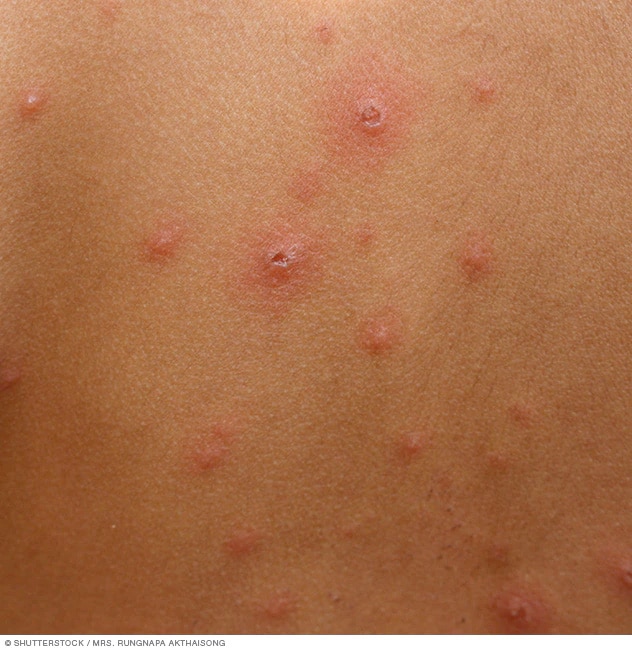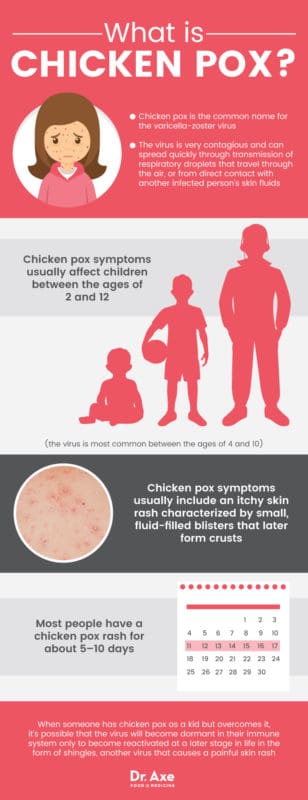


placing mittens or even socks over a child’s hands when they go to sleep, so that any attempt at scratching during the night does not cut the skinĪ doctor may prescribe antiviral medication during pregnancy, for adults who get an early diagnosis, for newborns, and for those with a weakened immune system.Īcyclovir is one example of an antiviral medication that treats chickenpox.keeping fingernails clean and as short as possible.The following may also help prevent scratching: Things that can help include topical ointments, cool baths, or oral Benadryl tablets. Reduce itching: Itching can become severe, but it is important to minimize scratching to reduce the risk of scarring.If chewing is painful, soup might be a good option, as long as it is not too hot.

Sugar-free popsicles: These can help ease symptoms of mouth soreness if there are spots in the mouth.Avoiding dehydration: It is important to drink plenty of fluids, preferably water, to prevent dehydration, which can be a complication of chickenpox.People should also avoid ibuprofen, as it could increase the risk of strep throat. People should not use aspirin-containing products to treat chickenpox, as this can lead to complications. But it is important to follow the instructions provided by the manufacturer and the person’s doctor. Pain-relieving drugs: Tylenol (acetaminophen) may help reduce high fever and pain when a person has chickenpox.The following are some treatments that may alleviate symptoms:
Chicken pox treatment how to#
There is no cure for chickenpox, but it generally resolves within a week or two without treatment.Ī doctor may prescribe medication or give advice on how to reduce symptoms of itchiness and discomfort, and also on how to prevent transmission of the infection. However, if they do get a rash, it may leave deeper marks and scars.Īdults are also more at risk for complications such as pneumonia. If they do develop a rash, the rash may not spread in the same way. Those who are unvaccinated or immunocompromised are especially at risk.

The scabs will fall off after about a week.Ĭhickenpox symptoms in infected adults who did not get the disease as children may be similar to symptoms in children but they could be more severe. As there may be many blisters, some may heal sooner than others. These blisters make take 3-5 days to heal. The rash will develop into fluid-filled blisters that will turn cloudy.The rash will develop in spots and sometimes can also appear on the eyelids or the genitals. An itchy rash will present on the face, body, or inside the mouth.cold-like symptoms such as a cough or runny noseĪfter these symptoms, the following will happen:.fever that lasts 3-5 days and is usually less than 102 ☏ (39 ☌ ).fatigue or a general feeling of being unwell (malaise).Stages of chickenpoxĬhickenpox develops in stages. Those vaccinated people who still get infected may develop milder symptoms. Today, some vaccinated people can still get chickenpox, as well as some people who are unvaccinated or immunocompromised. Before the chickenpox vaccine was introduced in 1995, most people in the United States caught chickenpox as children. Chickenpox is most commonly a childhood illness.


 0 kommentar(er)
0 kommentar(er)
